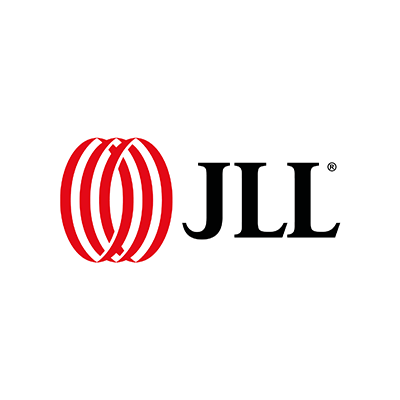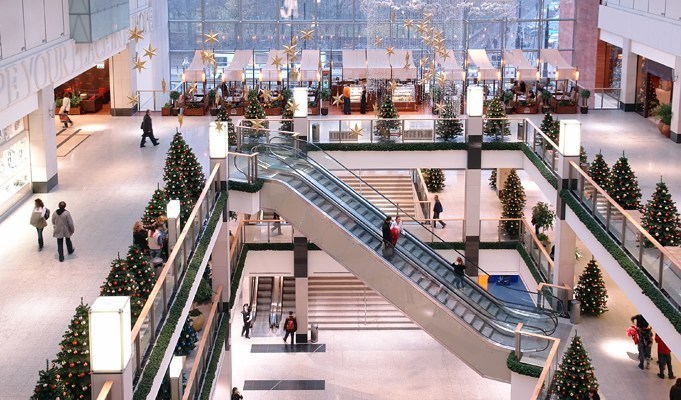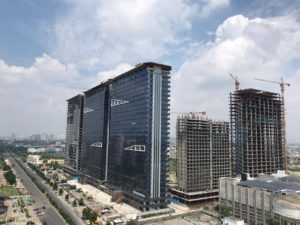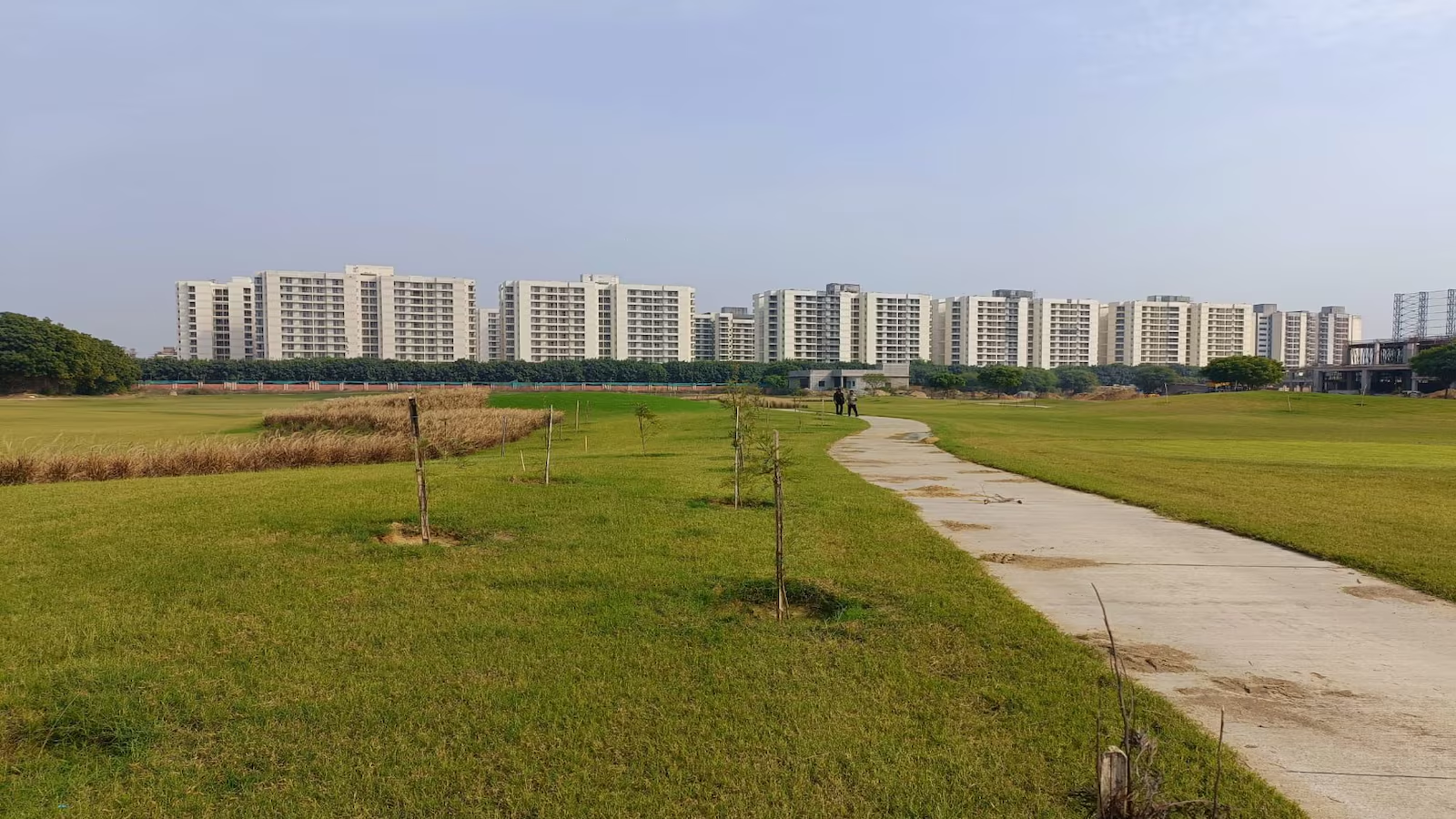Guest Column
REITs to Boost Retail Asset Investments Beyond the Metros


Pankaj Renjhen, Managing Director – Retail Services, JLL India
With retail assets becoming more lucrative thanks to the impending launch of real estate investment trusts (REITs) in India, the ticket sizes of investments into retail real estate (hitherto largely limited to the metros) has picked up pace in Tier 2 and Tier 3 cities. In fact, the period between 2015 and Q3 2017 saw an astonishing 54% of investments in retail real estate happen in Tier 2 and Tier 3 cities, well exceeding those into the metros.
Of the over US$1.57 billion of investment registered in retail real estate sector between 2015 and Q3 2017, more than half went into non-metro cities. This includes entity-level deals, platform deals and acquisition of stakes in malls. Some of the global private equity funds have been investing in the retail real estate sector to diversify their investment portfolios in India.
Retail real estate investments beyond the top 7 cities (2015-Q3 2017)
imap://palash%40realtynmore%2Ecom@delta.websitewelcome.com:993/fetch%3EUID%3E.INBOX%3E52454?part=1.2&filename=image001.png
Source: JLL Research
These are Tier 2 and Tier 3 cities which have investment-grade retail assets with the potential of generating good returns for investors after they are refurbished or upgraded into superior quality malls. Apart from Mumbai, investment largely took place in cities such as Pune, Bangalore, Amritsar, Indore, Ahmedabad and Chandigarh.
In some cases, investors intend to improve properties through various value-adding initiatives. This can be done by altering the tenant mix, adding hot retail categories and upgrading the food and beverage (F&B) offerings. It is now recognised that improving a mall’s F&B, entertainment and leisure component induces ‘placemaking’, generates more footfalls and increase dwell time – thereby helping retailers to boost their sales.
In cognizance of this, retail space investors are undertaking the necessary upgradation steps after acquiring the right retail assets. Interestingly, such investors are opting for both new mall projects as well as operational ones. The proportion of investment has been quite high in case of latter; however, in the last 12-15 months, private equity funds have been committing to acquiring and developing greenfield retail real estate assets too.
Location of the project
Rental Income prospects
Developer’s rating and background
Lease revenue model
Overall tenant mix
Competition in the long run
Lease churning opportunity
Malls with the potential for upgradation through re-leasing or other practical approaches
Associated risks and market conditions
Investment by PE funds in retail real estate assets will also bring a structured approach to leasing, leading to a more regular performance evaluation of brands within malls. Importantly, investing is as much about exits as it is about returns. As retail assets can become a part of the REIT portfolio, options for exits open up, which enhances the liquidity of such retail assets.
-



 News3 weeks ago
News3 weeks agoKW Delhi 6 Mall Onboards New Brands
-



 News4 weeks ago
News4 weeks agoManasum Senior Living Launches IKIGAI GOA, A Senior Living Community in North Goa, in collaboration with Prescon Homes
-



 News3 weeks ago
News3 weeks agoCommercial Realty Gets Tech Savvy: Fast Construction, Enhanced Convenience
-



 News3 weeks ago
News3 weeks agoGodrej Properties Sells Rs 3k cr+ Homes of Godrej Zenith, Gurugram, within 3 days
-



 News4 weeks ago
News4 weeks agoBridging India Divide: Top 5 Tier- 2 Cities to Focus On
-



 News4 weeks ago
News4 weeks agoMultipoint Connection – A Definite Boon
-



 News3 weeks ago
News3 weeks agoRBI’s Status Quo on Key Policy Rates to Help Maintain the Real Estate Growth Momentum, Say Industry Stalwarts
-



 News1 week ago
News1 week agoOlive Announces Dhruv Kalro as Co-Founder






















